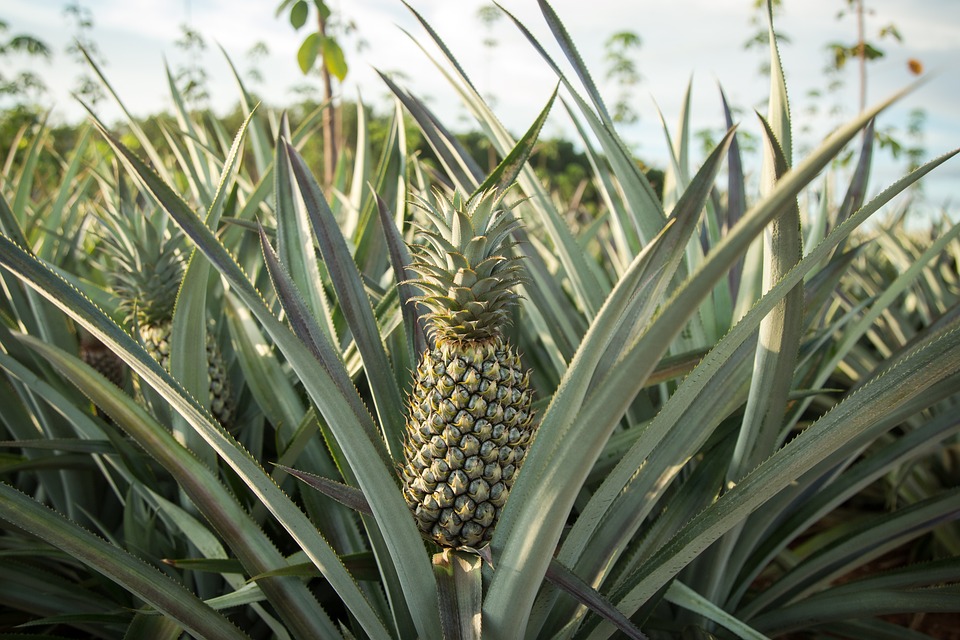Eco-Conscious Gardening: Tips for Sustainable and Responsible Practices
I have always been passionate about sustainable living and eco-conscious gardening. Living off the grid has allowed me to fully immerse myself in the world of sustainable farming and gardening, and I have learned so much about responsible and environmentally friendly practices along the way. Sustainable gardening isn’t just a hobby for me, it’s a way of life. I want to share with you some tips and tricks for eco-conscious gardening so that you can also contribute to a healthier and more sustainable planet.
1. Start with soil health
One of the most important aspects of eco-conscious gardening is soil health. Healthy soil is the foundation of a successful garden. I highly recommend investing in a compost bin and creating your own compost from kitchen scraps and yard waste. Compost is a fantastic natural fertilizer that will help enrich your soil and promote plant growth. Additionally, avoid using synthetic fertilizers and pesticides, as they can harm beneficial insects and disrupt the natural balance of your garden ecosystem.
2. Embrace diversity
Incorporating a diverse range of plants in your garden is not only visually appealing, but it also contributes to a more resilient and sustainable ecosystem. Plant a variety of fruits, vegetables, herbs, and flowers to encourage a healthy balance of pollinators, beneficial insects, and microorganisms. Diversity in your garden can also help minimize the risk of pest and disease outbreaks, as well as promote natural pest control.
3. Conserve water
Water conservation is a crucial aspect of eco-conscious gardening, especially if you live in an area prone to drought. Implementing water-saving practices such as installing a rainwater harvesting system, utilizing drip irrigation, and mulching can significantly reduce your water consumption and lower your environmental impact. You can also consider using water-efficient gardening techniques such as xeriscaping, which involves planting drought-tolerant species that require minimal watering.
4. Practice companion planting
Companion planting is the practice of growing different plants in close proximity to provide mutual benefits to one another. This can help deter pests, attract beneficial insects, and improve overall plant health. For example, planting marigolds alongside tomatoes can help repel nematodes and other garden pests, while growing herbs like basil and dill can attract pollinators and repel unwanted insects.
5. Support local wildlife
Creating a welcoming environment for wildlife in your garden is an essential part of eco-conscious gardening. Incorporate native plants, bird feeders, and habitat structures to provide food, shelter, and nesting sites for local wildlife. Be mindful of using bird-safe gardening practices, such as avoiding the use of toxic chemicals and providing clean water sources. Supporting local wildlife not only benefits the ecosystem, but it also adds a delightful element of nature to your garden.
6. Reduce waste
Reducing waste is a fundamental principle of sustainable living and should be integrated into your gardening practices. Practice mindful harvesting, proper storage, and preservation techniques to minimize food waste. Consider upcycling and repurposing materials for garden projects, such as using reclaimed wood for raised beds or creating DIY compost bins from repurposed containers. By reducing waste in your garden, you can contribute to a more sustainable and eco-friendly lifestyle.
Pro Tips:
– Incorporate the practice of permaculture in your garden design to create a self-sustaining ecosystem and minimize the need for external inputs.
– Utilize natural pest control methods such as introducing predator insects, using companion plants, and implementing physical barriers to protect your garden from pests.
In conclusion, eco-conscious gardening is a rewarding and impactful way to contribute to a healthier planet. By implementing sustainable and responsible practices in your garden, you can reduce your environmental footprint and create a thriving ecosystem that supports plant and animal life. Embrace the principles of eco-conscious gardening and take pride in knowing that your efforts are making a positive impact on the environment. Let’s work together to cultivate a greener and more sustainable future through our love for gardening.



